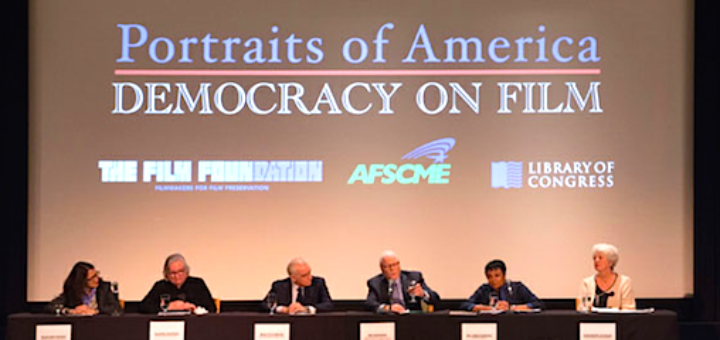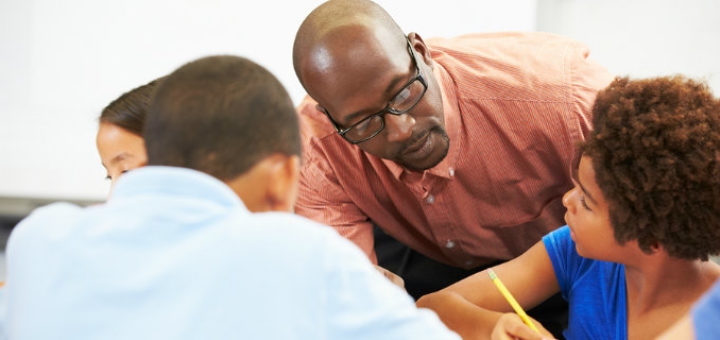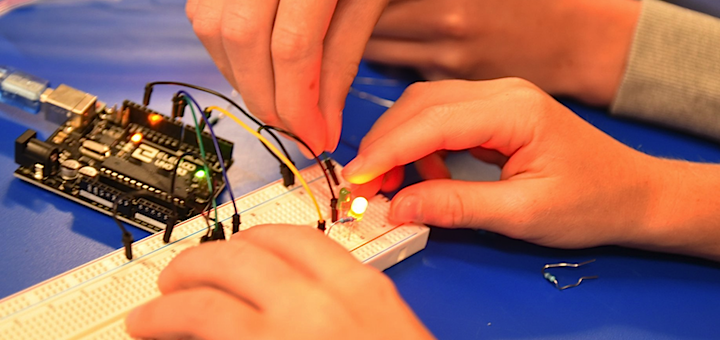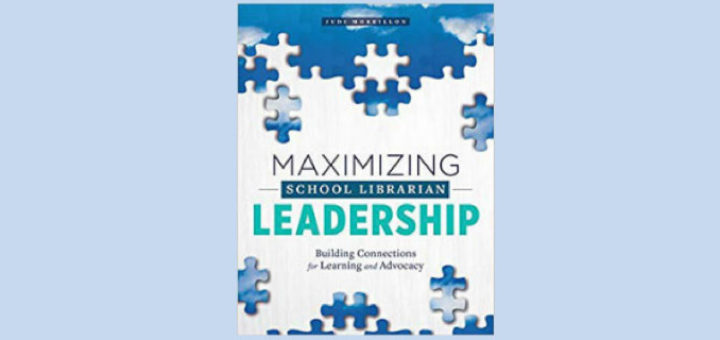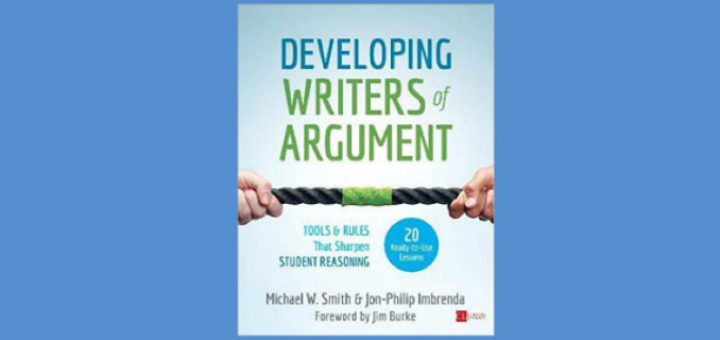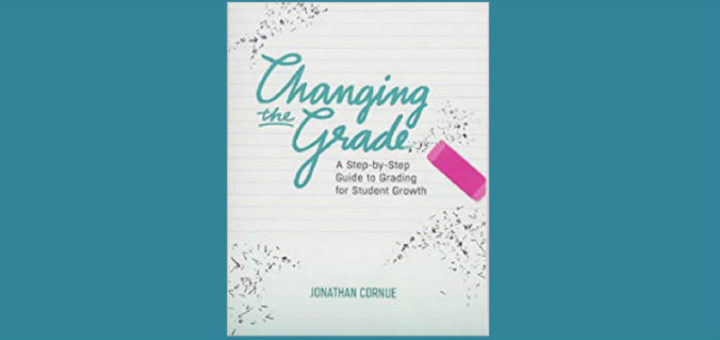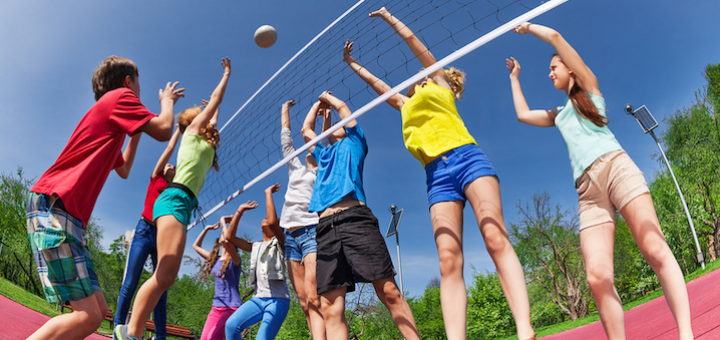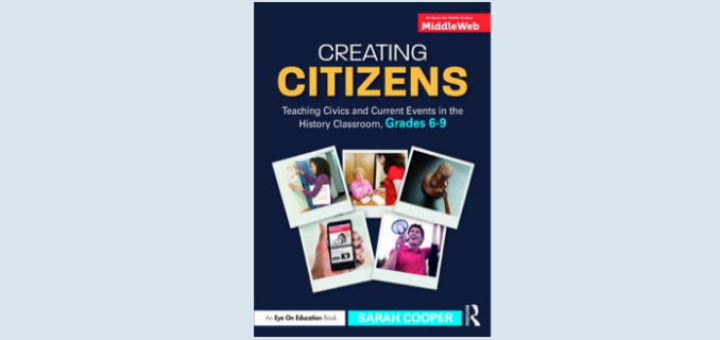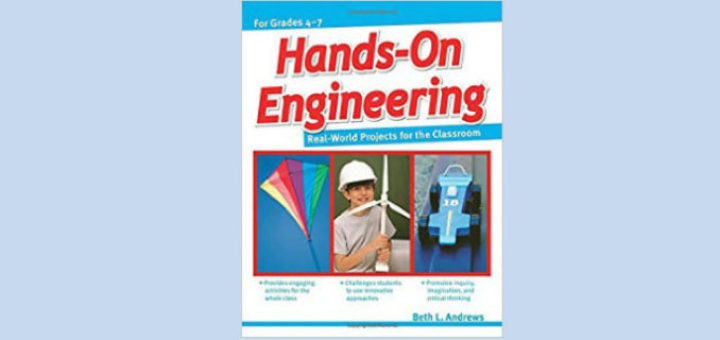A New Curriculum Uses Film to Teach Democracy
Media literacy expert Frank Baker participated in an August conference to introduce educators to a major new curriculum from Martin Scorsese’s Film Foundation – “Portraits of America: Democracy on Film” – which will be available free to educators. Here’s his report.

